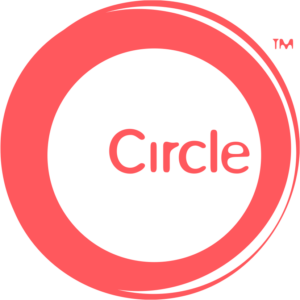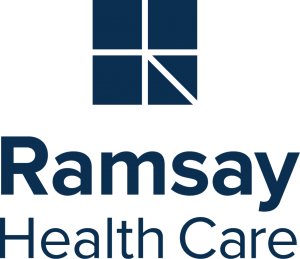Everyone has the right to clear and trustworthy information which they can access and understand, and can assist them in making an informed decision about whether they wish to undergo a specific treatment. This is a universal standard that must be available to everyone, regardless of their circumstances.
Accessible information regardless of circumstance
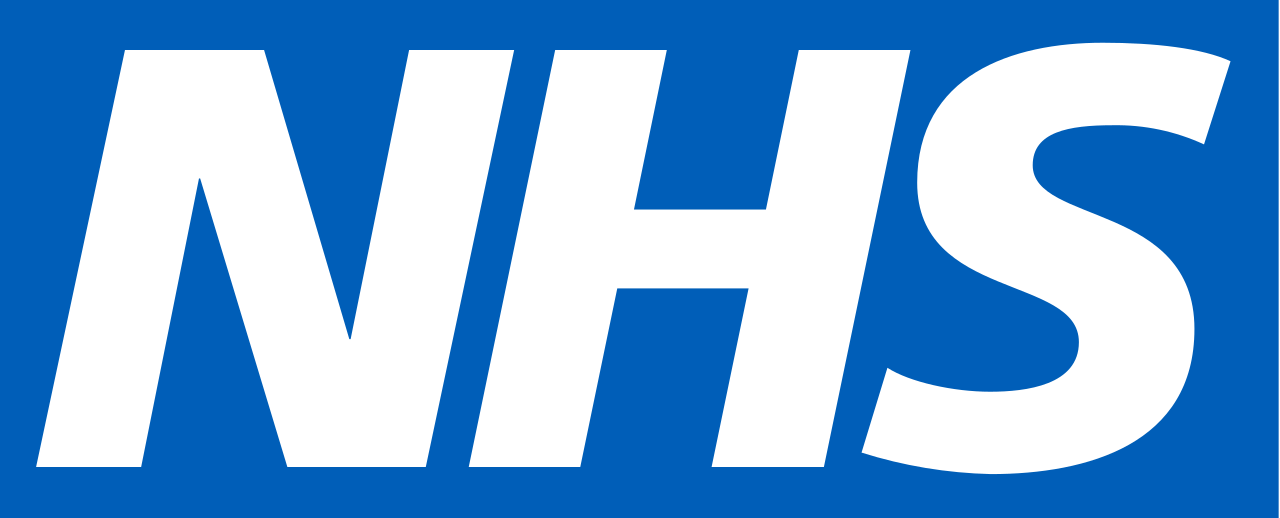
In August 2016, it became a legal requirement of any organisation which operates within the UK and provides NHS care and/or publicly-funded adult social care to follow the ‘Accessible Information Standard’. This standard asserts that those with learning difficulties, sensory loss and impairments should have access to information which they can understand and the appropriate support from those providing it. [1] Similarly, since 1992 in Australia the ‘Disability Discrimination Act’ has been in place. This act maintains that it is unlawful to discriminate against an individual because of an impairment or learning disability. [2]
At EIDO Healthcare, our focus is making sure healthcare professionals are equipped with resources and support which will enable them to help their patients on their healthcare journey. This involves providing the patient with trustworthy and clear information about their procedure, which will enable them to make an informed decision about whether they want to undergo treatment. Through the creation of documents designed specifically for individuals with learning disabilities or those effected by sensory loss, we adhere to government non-discriminatory standards and ensure that every individual receives the best advice and care.
A learning disability need not be a barrier to consent
Figures taken from learning disability charity Mencap place the number of individuals within the UK living with a learning disability at 1.4 million. [3] Living with a learning disability means having a reduced intellectual ability, alongside difficulty with what others may deem ‘everyday activities’, such as how to behave in social situations and how to process information.
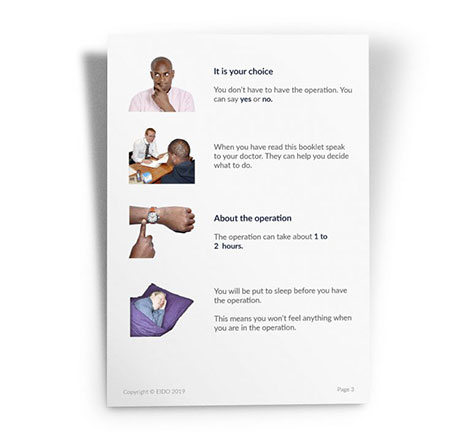
Easy Reads
Our collection of documents known as our ‘Easy Read’ library is created specifically for individuals with a learning disability, as well as patients who have difficulty processing information. It consists of information taken from our full-length library, which is then simplified and shortened to ensure it can be understood. An explanatory picture is put next to each statement, so those with difficulty processing words are not left confused as to what their procedure involves. These measures ensure that every patient who uses an Easy Read document understands their treatment and what to expect.
EIDO’s library of documents currently has 36 procedures available in Easy Read format, with an additional 25 in the final stages of production. Ongoing development will continue thereafter, with the aim that our entire library will soon be accessible to everyone.
Making It Clear
EIDO enlists the help of Estelle Bloom in the creation of our Easy Read library. Estelle is the founder of Making it Clear, an organisation which specialises in transforming written information and making it straight-forward and simple for everyone. Making it Clear works closely with individuals with learning disabilities in order to truly appreciate their communication needs and how best to provide them with information they will understand and find useful.
Formerly the head of accessible communications at learning disability charity Mencap, Estelle has worked with the BBC, the UK Government, the NHS, local and privately-owned companies and many more in helping them provide the public with more beneficial and accessible information.
Helping those with visual impairments
Numbers taken from the NHS place the amount of people within the UK living with sight loss at almost 2 million, with around 360,000 of these registered as partially sighted or completely blind. [4] Here at EIDO, we are equipped to help those living with these impairments thanks to our large/giant print and screen reader formats.
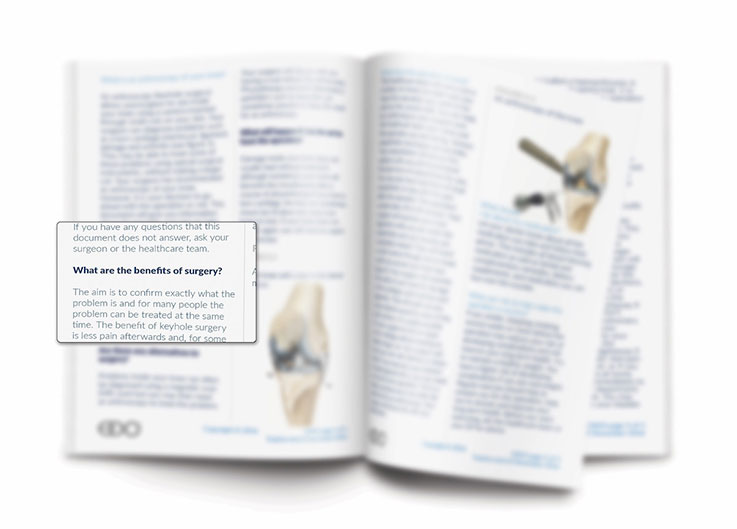
Large/Giant Print
EIDO’s large/giant print documents are developed for those with visual impairments who need screen text to be substantially larger than most people in order to be able to read it. These documents are EIDO’s full-length version documents reformatted in a larger font size for people with low vision.
Screen Reader
Our screen reader documents are created for the benefit of those who are partially sighted or are completely blind. They consist of our full-length version documents, which are then tagged for use with assistive screen reader software, which reads the content to users.
Every document within our library has the option for large/giant print and screen reader, guaranteeing those with visual impairments receive excellent guidance on their proposed treatment, assisting them in making a fully informed decision.
Our library is always improving
Our library of treatment-specific informed consent patient information documents is always improving, and with it our arsenal of accessible versions for individuals living with disabilities and impairments. The crucial need to provide information that every individual can understand and access is met through these versions of our documents.
[1] NHS England (2016) https://www.england.nhs.uk/wp-content/uploads/2017/10/accessible-info-standard-overview-2017-18.pdf
[2] Australian Government Department of Education and Training (2013) https://docs.education.gov.au/system/files/doc/other/dse-fact-sheet-1-dda_0.pdf
[3] Mencap (2019) https://www.mencap.org.uk/learning-disability-explained/research-and-statistics
[4] NHS England (2019) https://www.nhs.uk/conditions/vision-loss/#




